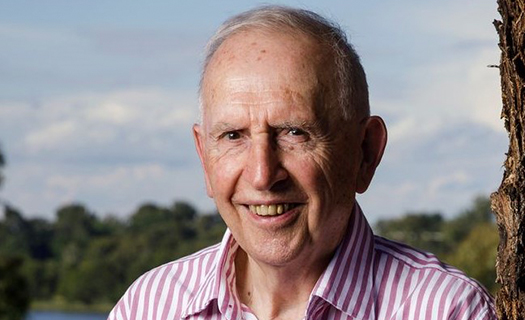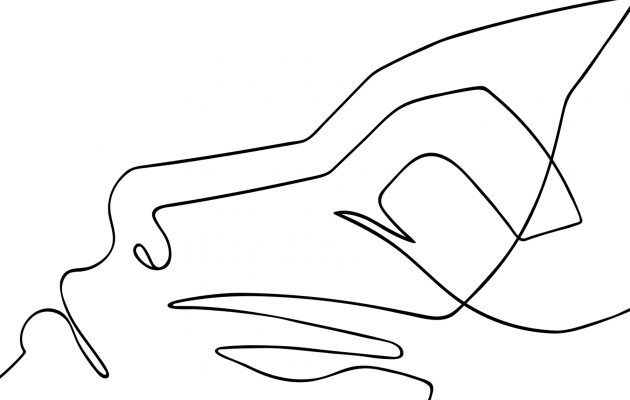The Kindness Revolution
Revolutions never start at the top. If we dare to dream of a more loving country—kinder, more compassionate, more cooperative, more respectful, more inclusive, more egalitarian, more harmonious, less cynical—there’s only one way to start turning that dream into a reality: each of us must live as if this is already that country.
2020 was ravaged by bushfires and a worldwide pandemic, taking a toll on both our mental and emotional health and the economy. Hugh Mackay reflects on the challenges we faced during that year of upheaval and the questions many of us have asked ourselves: What really matters to me? Am I living the kind of life I want? What sort of society do we want to become?
Mackay urges us not to let those questions go, and points to our inspiring displays of kindness and consideration, the sacrifices we’ve made for the common good, and our heightened appreciation of the value of local neighbourhoods and communities during the pandemic. In response, he asks: ‘Could we become renowned as a loving country, rather than simply a “lucky” one?’
WHEN: 9 June, from 6.30pm
WHERE: Online
COST: Free
BOOKINGS: via Eventbrite


Hugh Mackay AO (Social Psychologist and Researcher)
Hugh Mackay is a social psychologist and researcher, and the bestselling author of 22 books, including eight novels. His latest book, The Kindness Revolution, was published in 2021.
He has had a 60-year career in social research, and was also a weekly newspaper columnist for over 25 years. He is currently an honorary professor in the Research School of Psychology at ANU, a member of the advisory board for Newington’s Centre for Critical Thinking and Ethics and a patron of the Asylum Seekers Centre. Among other honorary appointments, he has been deputy chairman of the Australia Council for the Arts, chairman of the board of trustees of Sydney Grammar School and an honorary professor at Macquarie, Wollongong and Charles Sturt universities.
Hugh is a Fellow of the Australian Psychological Society and the Royal Society of NSW. In recognition of his pioneering work in social research, he has been awarded honorary doctorates by Charles Sturt, Macquarie, NSW, Western Sydney and Wollongong universities. He was appointed an Officer of the Order of Australia in 2015.

